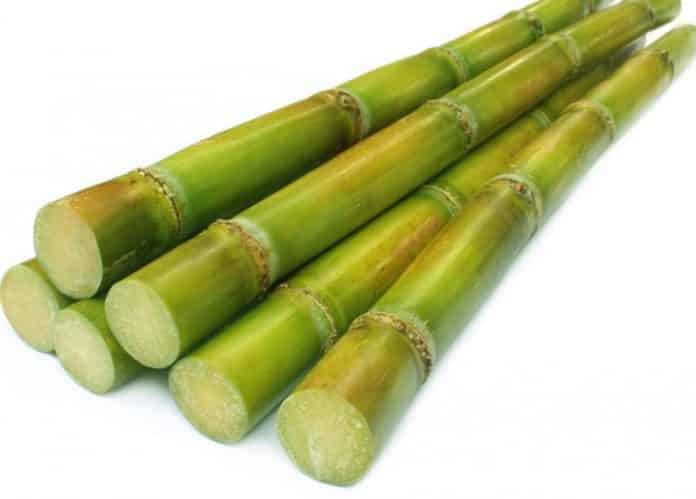ICAR Looks Into Drought-Resistant GM Sugarcane
The central government’s premier research institution – Indian Council of Agricultural Research (ICAR) – is joining hands with the former agriculture minister Sharad Pawar-led Vasantdada Sugar Institute (VSI), Pune, to develop drought tolerant genetically modified (GM) sugarcane that will need less water for cultivation. The water guzzling sugarcane crop is blamed for worsening the acute water shortage in parched areas of Maharastra.
The move is significant, considering the government’s present stand of treading the path of genetically engineered crop cautiously amid strong opposition by anti-GM crop environmentalists and RSS-linked outfit Swadeshi Jagran Manch SJM).
“It will, however, be a long-term project. Developing drought tolerant (less water consuming) GM sugarcane is not an end in itself. We know how difficult it is in India to go for commercial release of any transgenic crop“, said an ICAR scientist.
Citing recent example of GM mustard, sources claimed that even positive reports based on field trial and bio-safety examinations of the crop could not get this transgenic variety – developed by a Delhi University institution – a green signal. But the effects of back to back droughts, mounting rural distress and the sheer economic and ecological costs of
water intense crops might make planners more keen to develop GM sugarcane. Authorities hope that once the benefits of the new crop become evident, its acceptance will grow.The final call will be of the central regulator – Genetic Engineering Appraisal Committee (GEAC) – of the environment ministry. So far, GM brinjal has not been allowed commercial release even after getting the regulator’s nod in India whereas the similar transgenic variety is being cultivated by neighbouring Bangladesh.
GM sugarcane in water stressed areas can offer hope for the future in Maharashtra and other parts of India. Already, the extreme water shortages have turned the focus on how to use water judiciously, with PM Narendra Modi calling for all out efforts to implement drip irrigation on a massive scale through support to farmers by way of subsidy and other incentives.
Maharashtra chief minister Devendra Fadnavis made his intent in favour of drip irrigation quite clear when he met the Prime Minister Narendra Modi here on Saturday. He told the Prime Minister about the state’s plan to bring 100 per cent of the sugarcane growing area in the state under drip irrigation in three years.
Referring to the urgency, the ICAR scientist said the GM route could be a long-term approach, keeping in mind the global demand scenario and India’s role in it, whereas the drip irrigation was need of the hour.
The research body, nevertheless, appears to be preparing for the future. The ICAR director general Trilochan Mohapatra had last month written to Sharad Pawar while apprising him of the work done by the government institution – ICAR-Sugarcane Breeding Institute (SBI),Coimbatore – in the field of GM sugarcane and how it could join hands with VSI, Pune. Former union agriculture minister Pawar is chairman of the board of trustees that manages VSI.
Responding to Pawar’s letter on the issue, Mohapatra informed that an MoU is ready to be signed between ICAR and VSI, Pune to take up research work on improvement of sugarcane, especially for abiotic (heat and drought resistant) stress tolerance and transfer of technologies.
“I assure you that the ICAR in collaboration with the VSI, Pune will make all efforts to develop drought tolerant GM sugarcane in near future for the benefit of sugarcane farmers“, said Mohapatra in his letter to Pawar on April 22. He also noted that the permission for field trials of drought tolerant GM sugarcane variety, developed by the SBI Coimbatore, is under consideration with the Review Committee of Genetic Manipulation (RCGM).
Under the existing procedure, once the RCGM approves a transgenic variety of any crop it goes to the central regulator GEAC for getting permission for field trials. It’s a long drawn process where the developer or research institution of the particular genetically engineered variety has to provide bio-safety details of the field trials.
The GEAC may allow commercial release of the variety only after examining all the details of the field trials, keeping in mind its impact on human health and environment. At present, only GM Cotton (Bt Cotton) is allowed for commercial cultivation in India.



























